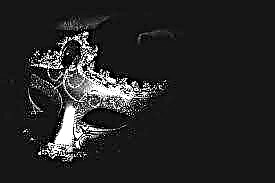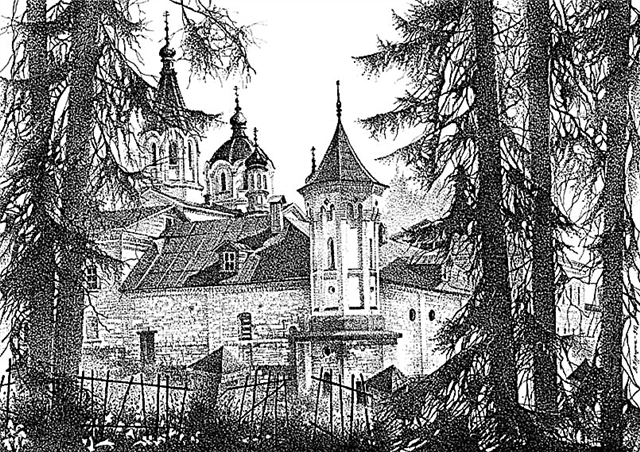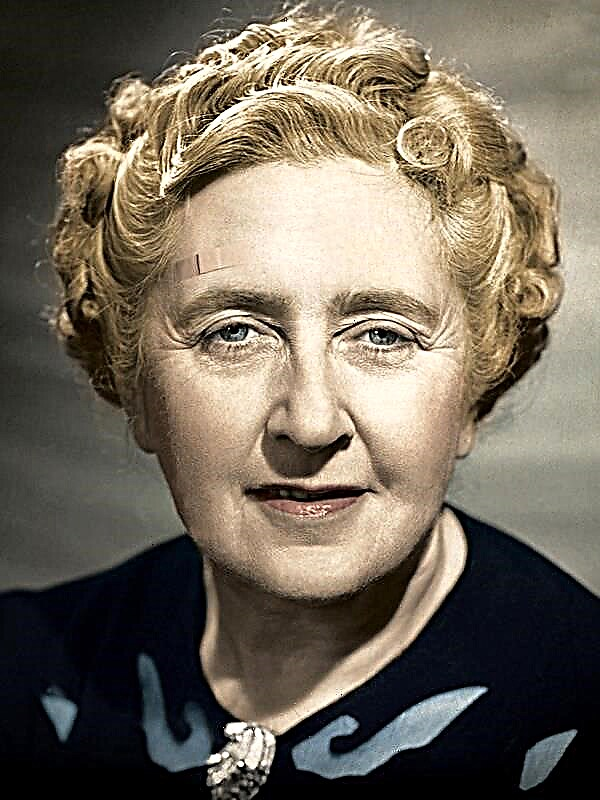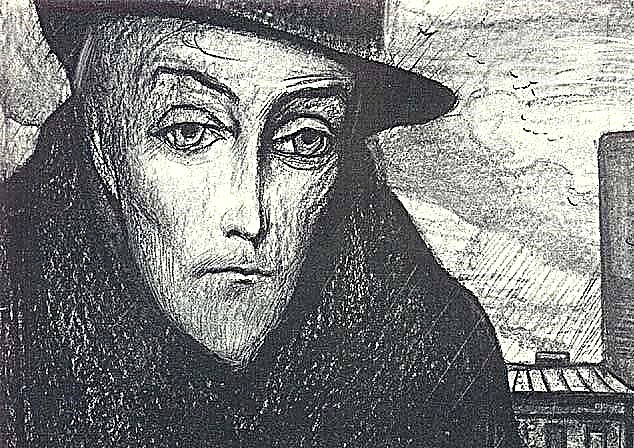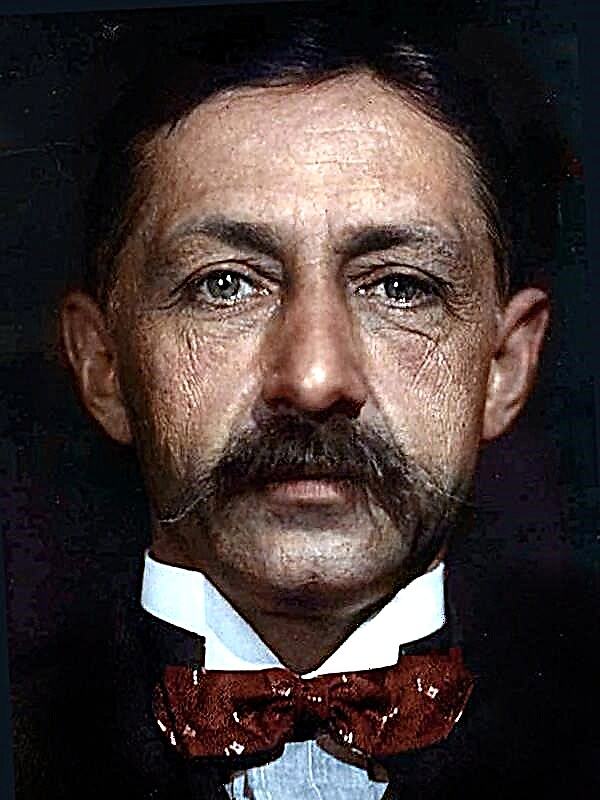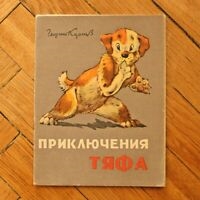The action takes place in Flanders. The plot is well known and has repeatedly been subjected to poetic treatment before Goethe. The generalizations contained in the text make it possible to attach the plot to many times.
On a holiday, Trinity Day, the bestial king Nobel gathers his subjects. Only Reineke-lis did not come to the court; he is a rogue and avoids once again appearing in front of the monarch. Again, all the animals complain about him. He dishonored his wife at Izegrim the wolf, and crippled his children, took the last bite of sausage from Wakerlos’s dog, and nearly killed the rabbit Lampe. A badger stands up for his uncle. He tells everyone how the wolf unfairly did with Reinecke, when he, cunningly climbing on the peasant’s cart, slowly began to throw off the fish from the cart, so that, together with Isegrim, he would satisfy his hunger. But the wolf ate everything himself, and the fox left only leftovers. Isegrim did the same, and when dividing the carcass of a pig, which Reinecke, risking his own life, threw him through the window of a peasant's house.
At that moment, when all the animals were ready to agree with the badger, brought a decapitated chicken on a stretcher, her blood was shed by Reineke-lis. He violated the king’s script about an indestructible peace between animals. Having made his way to the house of the rooster, he first dragged the kids, and then killed the chicken.
The enraged Nobel sends Brown the bear for the fox to bring him to the royal court. The bear found the house of Reineke without difficulty, but he said that he wanted to treat the messenger with honey in the comb. He led Brown into the courtyard to the carpenter, showed the deck into which the peasant drove the stakes, and invited him to get honey from there. When a lover of feasting on his head climbed into the deck, Reinecke quietly pulled out the stakes, and the bear's face and paws were stuck in the deck. Brown began to yell from the pain, then the carpenter ran out of the house, saw a clubfoot, called his fellow villagers, and they began to beat the uninvited guest. With difficulty escaping from the deck, stripping his face and paws, barely alive Brown returned to the king’s court with nothing.
Nobel sent the cat Ginze for the fox, but he also fell for the trick of Reinecke. The Dodger said that nearby, in the barn of one priest, there were fat mice, and Ginze decided to have a bite before the return road. In fact, near the hole in the barn, the son of the priest pulled a noose to catch a thief who steals chickens from them. The cat, sensing a rope on himself, rustled, huddled. A family of a priest came running, a cat was beaten, his eye was gouged out. In the end, Ginze bit the rope and ran away, in such a very deplorable state he appeared before the king.
For the third time, his nephew, a badger, volunteered to go to Reynek. He persuaded the fox to come to the court. On the way, Reinecke confesses her many sins to a relative in order to lighten her soul before being brought to trial.
The court, having taken into account the numerous complaints about the fox, makes a decision on execution by hanging. And now, when the guilty party was already led to execution, he asks for a postponement in order to tell everyone to the end about his “crimes”.
Reinecke’s father found in the recent past the treasure of Emmerich the Mighty and planned to plot to plant the new king, the Brown Bear, on the throne. He bribed his supporters, and they were the wolf Isegrim, the cat Ginze and the other animals that have now appeared in court against Reineke, with a promise of money. Then loyal to Nobel Reinecke tracked down his own father, where he kept the treasure, and hid it. When the old fox discovered the loss, he choked with grief. So, having denigrated his father and his enemies, the sly fox is rubbed into confidence in Nobel, and for the promise to open the king and queen the whereabouts of the treasure, he receives a pardon.
Reinecke reports that the treasure is buried in the desert in Flanders, but, unfortunately, he himself cannot indicate the place, because his duty now is to go to Rome and receive the absolution from the pope. By order of the king, the fox was sewn up with a knapsack from a piece of Brown bear skin and was given two spare pairs of boots, stripping the skin from the clutches of Isegrim and his wife. And Reineck sets off on a journey. On the road he is accompanied by the hare Lampier and ram Bellin. First, the pilgrim fox comes to his home to please the family that he is alive and well. Leaving a ram in the yard and luring a hare into the house, Reinecke with his wife and children eats Lampe. He puts his head in a knapsack and sends it along with Bellin to the king, deceiving the poor animal that his message is there, which must be delivered immediately to the court.
The king, realizing that Reinecke again deceived him, decides to speak out against him with all bestial power. But first, he sets up a feast in honor of the victims through the fault of the fox Brown, Isegrim and his wife. The animals offended by Reinecke are gathering again at the royal feast: a rabbit with a torn ear, barely taking its legs from the fox, a raven with a rogue who ate his wife.
The nephew-badger decides to get ahead of the king’s army and warn Reineke about the impending danger, so that he can escape with his family. But the fox is not afraid, he goes back to court to protect himself from unfair accusations.
Reinecke blames all the blame for the murdered on the ram, who, moreover, according to him, did not give the king and queen great gifts from him - an invaluable ring and comb with an unusual mirror. But Nobel does not believe the words of the cunning fox, then the monkey stands up for him, saying that if it hadn’t been for Reyneke, would he have come to the court? In addition, the monkey reminds the king that the fox always helped him with his wise advice. Didn’t he solve the tangled litigation of a man with a snake.
Having called the council, the king allows the fox to try again to make excuses. Reinecke pretends to be a deceived hare Lampe and ram Bellin himself. They stole all his wealth, and now he does not know where to look for them. “So, word for word, Reineke invented fables. All and hung ears ... "
Having realized that the fox cannot be outwitted with words, Isegrim challenges him to a duel. But here, too, Reinecke is smarter. He rubs his body before the fight with fat, and during the fight he continually releases his caustic fluid and sprinkles the wolf with its tail in the eyes of sand. With difficulty, but the fox defeats Isegrim. The king, having ascertained that Reineck was right, appoints him Chancellor of the State and presents the state seal.

